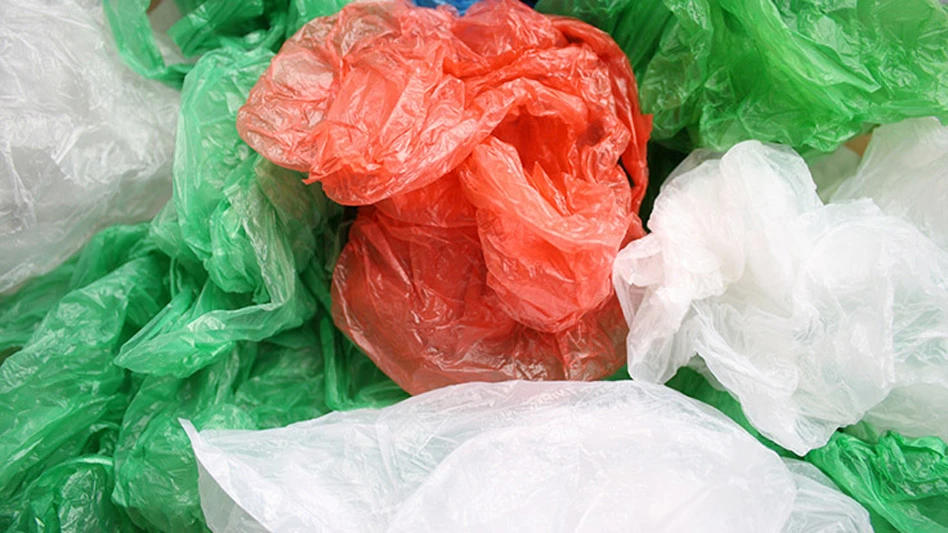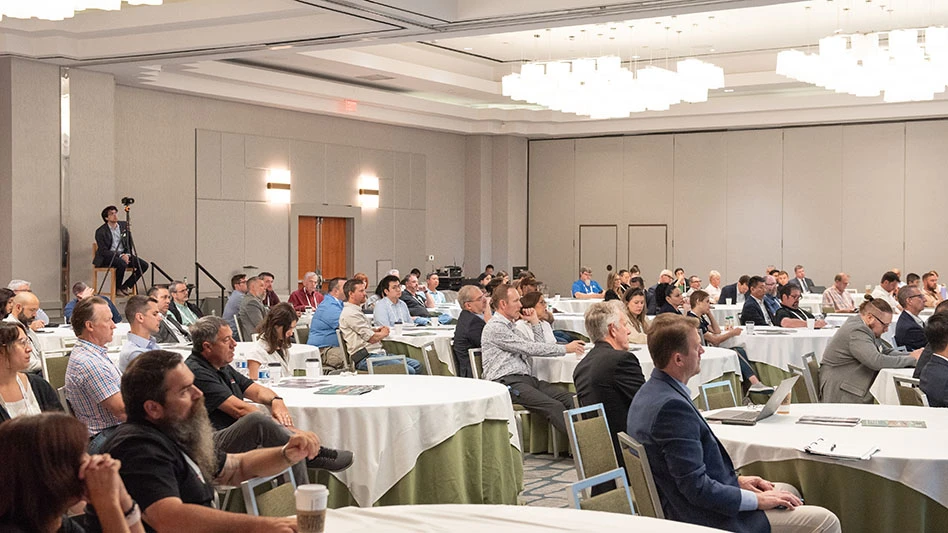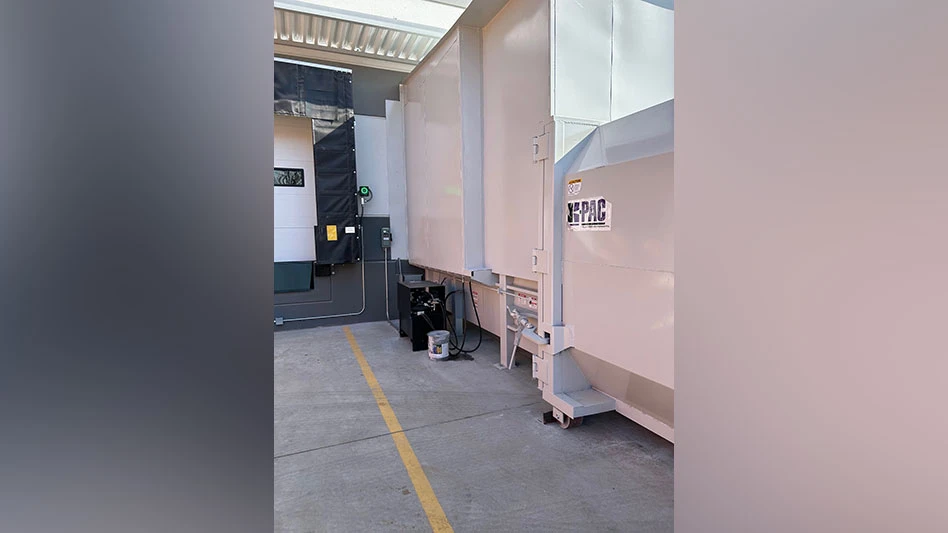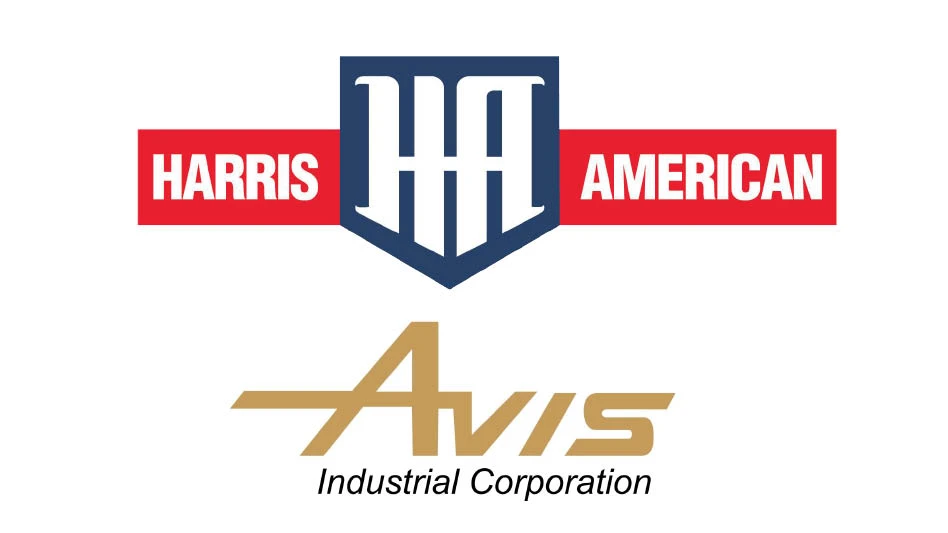
Daizuoxin | dreamstime.com
Discarded coffee cups, plastic grocery bags and greasy pizza boxes are among items identified by Brian McDaid, founder of Philadelphia-based Eagle Dumpster Rental, as largely unwanted by material recovery facilities (MRFs).
In an essay submitted to Recycling Today by a public relations firm in which McDaid serves as the primary source, he identifies seven items described as potentially contaminating entire batches of otherwise recyclable materials: 1) greasy pizza boxes, 2) disposable coffee cups, 3) receipt paper, 4) plastic grocery bags, 5) takeout food containers, 6) paper towels and napkins and 7) yogurt containers with attached foil lids.
The essay identifies alternative recycling methods for most of these items, such as completely separating the foil lid from yogurt cups and checking if the local recycling program accepts them.
Overall, though, McDaid indicates the items on his list will be unwelcome at MRFs in his operating region, which includes parts of Pennsylvania, New Jersey, Delaware, Maryland, Virginia, Connecticut and Washington D.C.
“What most people don't understand is that recycling contamination is a massive problem for waste management facilities across the country,” McDaid says. “When nonrecyclable items end up in recycling bins, they can ruin entire batches of recyclable materials, sending thousands of pounds of potentially reusable materials straight to landfills.
“Simple changes in our daily habits can make a big difference. Before tossing something in the recycling bin, take a moment to check if it's actually recyclable in your area. When in doubt, throw it out—it's better to put one questionable item in the trash than to contaminate an entire load of recycling.”
Producers and users of several items on McDaid’s list have made efforts to convince MRF operators and others that their form of packaging is, in fact, recyclable.
Paperboard coffee cup makers and coffee retailers have attempted changes to cup coatings and materials and undertaken trial collection programs to improve on the prospects at paper mills for takeout coffee cups.
Pizza retailers, box makers and the American Forest & Paper Association, likewise, have been attempting to convince recyclers that the presence of trace amounts of grease will not render the cardboard boxes unwelcome in bales of old corrugated containers.
A United States Community Recycling Program Acceptance Data table released last year identifies polypropylene plastic containers—the resin most commonly used for yogurt cups—as being accepted by 56 percent of municipal programs. The table does not specify contamination disqualifiers, such as the aluminum mentioned by McDaid.
The same data table, based on research conducted by Washington-based The Recycling Partnership and Charlottesville, Virginia-based Green Blue, lists pizza boxes as acceptable by 78 percent of municipal recycling programs.
However, the research indicates “paper hot cups” as being accepted by only 13 percent of programs and monomaterial PE films and bags (likely including plastic grocery bags) as being wanted in just 3 percent of collection programs directing material to MRFs.
Latest from Recycling Today
- Redwood partnership targets recycling of medium-format batteries
- Enfinite forms Hazardous & Specialty Waste Management Council
- Combined DRS, EPR legislation introduced in Rhode Island
- Eureka Recycling starts up newly upgraded MRF
- Reconomy Close the Gap campaign highlights need for circularity
- Nickel carbonate added to Aqua Metals’ portfolio
- EuRIC, FEAD say End-Of-Life Vehicle Regulation presents opportunity for recyclers
- Recyclers likely to feel effects of US-China trade war





